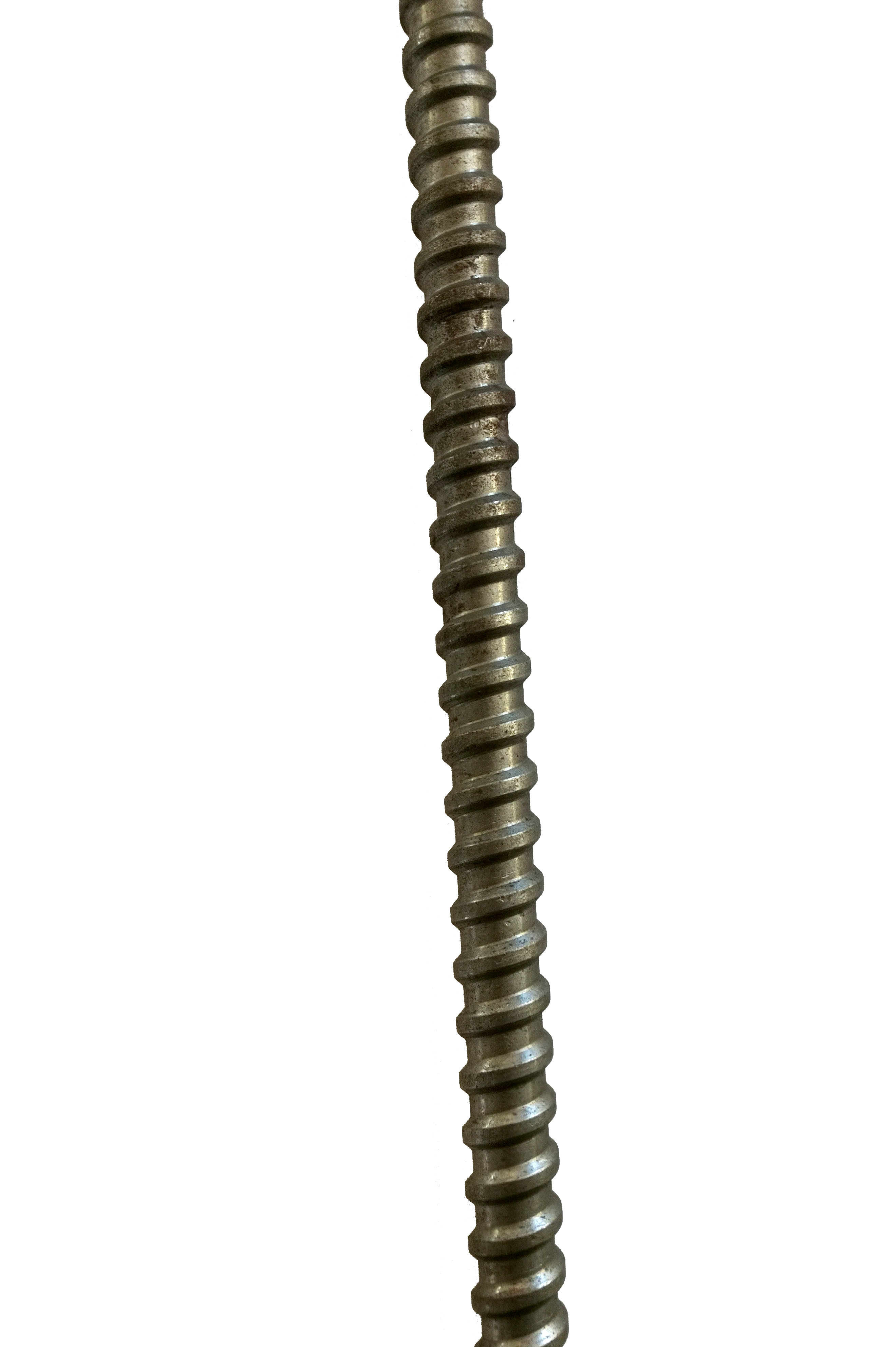
-
 Afrikaans
Afrikaans -
 Albanian
Albanian -
 Amharic
Amharic -
 Arabic
Arabic -
 Armenian
Armenian -
 Azerbaijani
Azerbaijani -
 Basque
Basque -
 Belarusian
Belarusian -
 Bengali
Bengali -
 Bosnian
Bosnian -
 Bulgarian
Bulgarian -
 Catalan
Catalan -
 Cebuano
Cebuano -
 Corsican
Corsican -
 Croatian
Croatian -
 Czech
Czech -
 Danish
Danish -
 Dutch
Dutch -
 English
English -
 Esperanto
Esperanto -
 Estonian
Estonian -
 Finnish
Finnish -
 French
French -
 Frisian
Frisian -
 Galician
Galician -
 Georgian
Georgian -
 German
German -
 Greek
Greek -
 Gujarati
Gujarati -
 Haitian Creole
Haitian Creole -
 hausa
hausa -
 hawaiian
hawaiian -
 Hebrew
Hebrew -
 Hindi
Hindi -
 Miao
Miao -
 Hungarian
Hungarian -
 Icelandic
Icelandic -
 igbo
igbo -
 Indonesian
Indonesian -
 irish
irish -
 Italian
Italian -
 Japanese
Japanese -
 Javanese
Javanese -
 Kannada
Kannada -
 kazakh
kazakh -
 Khmer
Khmer -
 Rwandese
Rwandese -
 Korean
Korean -
 Kurdish
Kurdish -
 Kyrgyz
Kyrgyz -
 Lao
Lao -
 Latin
Latin -
 Latvian
Latvian -
 Lithuanian
Lithuanian -
 Luxembourgish
Luxembourgish -
 Macedonian
Macedonian -
 Malgashi
Malgashi -
 Malay
Malay -
 Malayalam
Malayalam -
 Maltese
Maltese -
 Maori
Maori -
 Marathi
Marathi -
 Mongolian
Mongolian -
 Myanmar
Myanmar -
 Nepali
Nepali -
 Norwegian
Norwegian -
 Norwegian
Norwegian -
 Occitan
Occitan -
 Pashto
Pashto -
 Persian
Persian -
 Polish
Polish -
 Portuguese
Portuguese -
 Punjabi
Punjabi -
 Romanian
Romanian -
 Russian
Russian -
 Samoan
Samoan -
 Scottish Gaelic
Scottish Gaelic -
 Serbian
Serbian -
 Sesotho
Sesotho -
 Shona
Shona -
 Sindhi
Sindhi -
 Sinhala
Sinhala -
 Slovak
Slovak -
 Slovenian
Slovenian -
 Somali
Somali -
 Spanish
Spanish -
 Sundanese
Sundanese -
 Swahili
Swahili -
 Swedish
Swedish -
 Tagalog
Tagalog -
 Tajik
Tajik -
 Tamil
Tamil -
 Tatar
Tatar -
 Telugu
Telugu -
 Thai
Thai -
 Turkish
Turkish -
 Turkmen
Turkmen -
 Ukrainian
Ukrainian -
 Urdu
Urdu -
 Uighur
Uighur -
 Uzbek
Uzbek -
 Vietnamese
Vietnamese -
 Welsh
Welsh -
 Bantu
Bantu -
 Yiddish
Yiddish -
 Yoruba
Yoruba -
 Zulu
Zulu
Innovative Solutions for Customized Thread Rolling Machinery and Equipment
Custom Thread Rolling Equipment Revolutionizing Manufacturing
In the realm of manufacturing, precision and efficiency play pivotal roles in determining the success of production processes. Among the various methods employed to create threaded components, custom thread rolling has emerged as a vital technique, widely recognized for its capability to produce high-quality threads with exceptional speed and consistency. This article delves into the benefits, features, and advancements of custom thread rolling equipment, highlighting its importance in modern manufacturing.
What is Thread Rolling?
Thread rolling is a cold-forming process that creates threads on cylindrical metal parts. Unlike traditional cutting methods that remove material to form threads, thread rolling displaces the material to form the desired shape. This not only enhances the mechanical properties of the threads but also minimizes waste and boosts production rates. Custom thread rolling equipment is designed to optimize this process, providing manufacturers with tailored solutions suited for specific applications and materials.
Benefits of Custom Thread Rolling Equipment
1. Precision and Consistency Custom thread rolling machines are engineered to deliver precise and uniform threads, ensuring that every component meets stringent quality standards. The consistency achieved through this process is critical in industries where tight tolerances are a necessity, such as aerospace, automotive, and medical device manufacturing.
2. Increased Production Speed One of the most significant advantages of custom thread rolling equipment is its speed. The rolling process can produce threads much faster than traditional machining methods, leading to shorter lead times and enhanced productivity. Manufacturers can meet high-volume demands without compromising quality.
custom thread rolling equipment

3. Cost-Effectiveness By reducing material waste and minimizing the need for extensive post-processing, custom thread rolling can significantly lower production costs. The initial investment in custom equipment is often offset by the savings achieved through enhanced efficiency, making it an economically viable solution for manufacturers.
4. Versatility Custom thread rolling equipment can be adapted to work with a wide variety of materials, including metals, plastics, and composites. This versatility allows manufacturers to tailor their equipment to specific production needs, accommodating different sizes, shapes, and thread profiles with ease.
Innovations in Thread Rolling Technology
With the rapid advancement of technology, custom thread rolling equipment has seen significant innovations. Modern machines are now equipped with advanced CNC controls, allowing for higher levels of automation and precision. These systems can be programmed to produce a variety of thread forms and sizes without the need for extensive tooling changes, further enhancing production flexibility.
Moreover, the integration of IoT (Internet of Things) capabilities has enabled manufacturers to monitor the performance of thread rolling equipment in real-time. This data-driven approach allows for predictive maintenance, reducing downtime and ensuring that production processes remain uninterrupted.
Conclusion
Custom thread rolling equipment represents a cornerstone of modern manufacturing, providing solutions that enhance precision, speed, and cost-effectiveness. Its adaptability to various materials and design requirements allows manufacturers to stay competitive in an increasingly demanding market. As technology continues to evolve, the role of custom thread rolling in manufacturing will only become more significant, ensuring that it remains a cutting-edge option for producing high-quality threaded components. In an era where efficiency and accuracy are paramount, investing in customized thread rolling solutions is not just beneficial—it is essential for sustained success in the manufacturing landscape.
